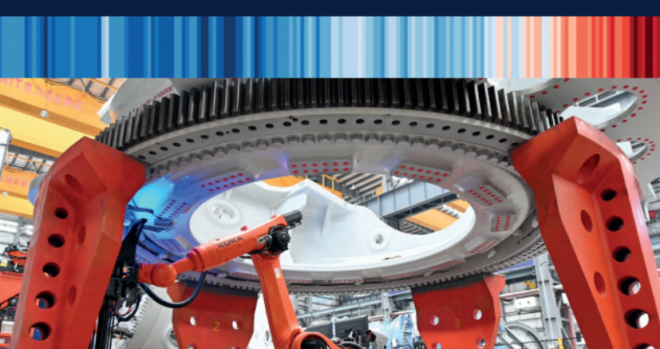The very high loads experienced by tidal and wind turbine blades push the material selection towards high-specific-strength materials, such as Glass- or Carbon-fibre reinforced thermoset polymers. The composite blades’ load-carrying capacity primarily depends on the longitudinal failure behaviour of the laminates. Even though thermoset matrices are prone to environmental degradation, the failure of the composite blades primarily depends on the fracture toughness associated with the tensile fibre failure. This project aims to investigate the translaminar failure behaviour of carbon fibre reinforced plastics exposed to varying environmental (temperature, moisture) conditions. The evolution of failure mechanisms due to moisture ingress and thermal expansion in comparison to room temperature dry conditions (RTD) is the primary focus of this study. This understanding would enhance the selection of material and layup configurations suitable for varying in-service conditions, which will consequently improve the life-cycle cost and performance of the offshore blades.











